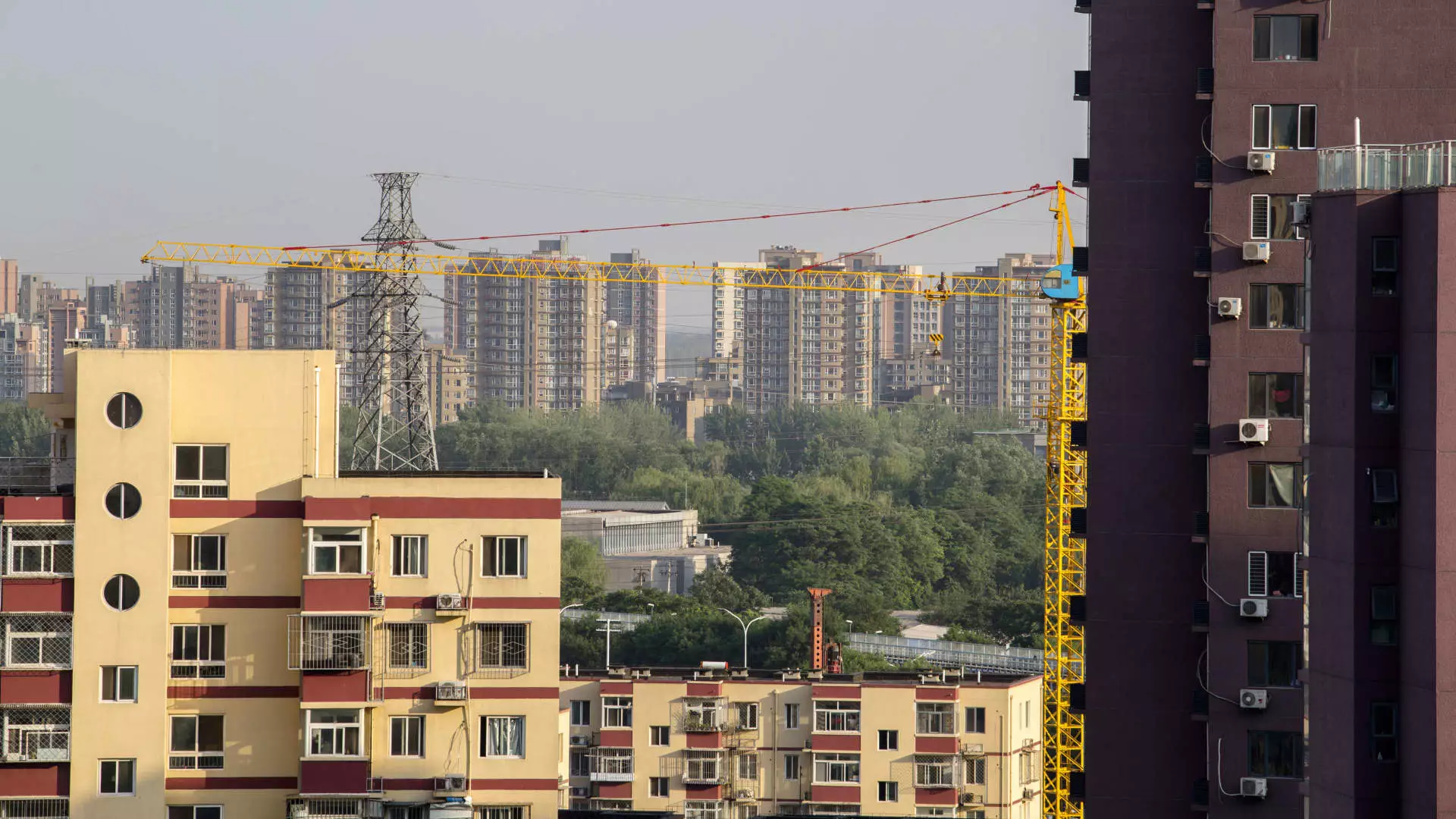The Chinese real estate market has faced significant challenges in recent years, marked by decreasing property values and stagnant demand. As a critical component of China’s economy, the real estate sector not only supports growth through construction and investment but also directly impacts the financial well-being of millions of households. Amidst ongoing struggles, recent announcements from top financial regulators suggest a new direction aimed at revitalizing this crucial market.
During a high-profile press conference, People’s Bank of China (PBOC) Governor Pan Gongsheng laid out a robust strategy designed to ease the financial strain on families and promote an uptick in property purchases. This urgency highlights the need for immediate action as previous measures have failed to spark a recovery. The latest steps align with the Chinese government’s broader initiative to stabilize the economy and restore consumer confidence.
One of the most impactful measures outlined was a reduction in interest rates for existing individual mortgages by an average of 0.5 percentage points. This adjustment is particularly significant for homeowners grappling with financial pressure from escalating mortgages. The PBOC also announced a reduction in the down-payment ratio for second homes, decreasing the threshold from 25% to 15%. This new policy marks a historic unification of down-payment requirements for first and second homes, simplifying the purchasing process for potential buyers.
The anticipated outcome of these measures is substantial, with estimates suggesting that household interest payments on mortgages could decline by approximately 150 billion yuan annually, which translates to around $21.25 billion. This financial relief is crucial for many families attempting to navigate their housing costs amid an uncertain economic climate.
The immediate reaction from the market was positive, with the Hang Seng Mainland Properties Index rising by 5% shortly after the announcements were made. Major real estate developers, including China Resources Land, Longfor Group Holdings, and China Overseas Land & Investment, saw their stock values surge, reflecting renewed investor confidence. This upward movement in stock prices is a promising sign that the measures might lead to revitalization in the sector.
However, while the initial response has been optimistic, analysts caution that the longevity of this enthusiasm may be overstated. William Wu, an analyst at Daiwa Capital Markets, expressed skepticism regarding the long-term effects of rate cuts, suggesting that they might not lead to an increase in demand for new homes. Wu’s insights emphasize that while immediate relief is beneficial, a more significant, structural change in consumer behavior and market conditions is necessary for a genuine recovery.
Despite these promising measures, experts, including Bruce Pang from JLL, caution that the housing market may still require substantial time to stabilize. Pang argued for the necessity of comprehensive and timely supportive measures across all facets of the real estate environment. While the government has articulated a commitment to assisting developers, there remains a critical need for effective strategies that bolster property investment and construction activities.
Future considerations include potential plans allowing homeowners to renegotiate terms with their current lenders or even consider refinancing with different financial institutions. Such options could provide an additional layer of flexibility and security for distressed homeowners, which might further stimulate the market.
In essence, the recent changes introduced by the PBOC reflect a significant shift in the approach to alleviating pressures within the Chinese real estate market. These measures, although promising, are likely the first step in a longer journey toward recovery. Policymakers will need to remain vigilant and responsive, ensuring that their strategies are adaptable to the ongoing challenges within this sector. The fate of the housing market hinges on these evolving dynamics, and while immediate reactions may be favorable, the road to a stable and prosperous real estate environment in China will require sustained efforts and innovative solutions.

